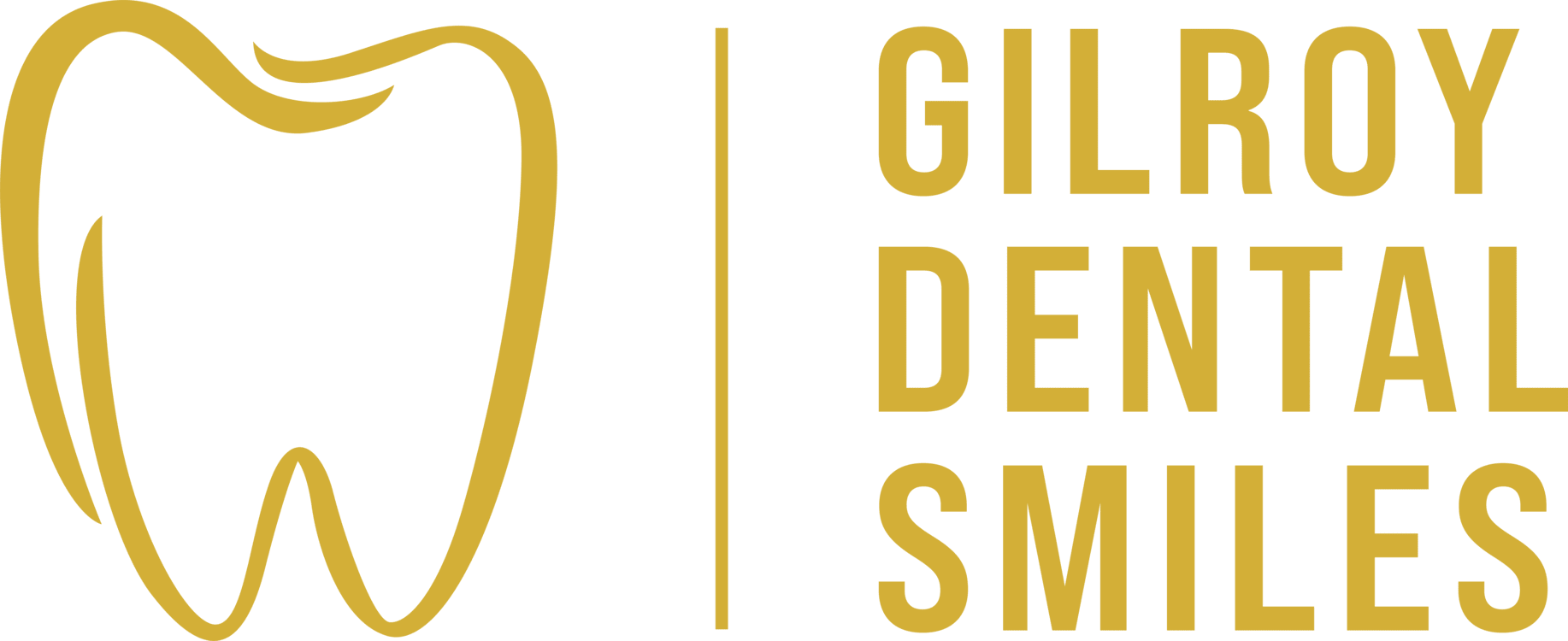Wisdom Teeth Removal
Between ages 16-21, the average adult develops 32 teeth: 16 on the top and 16 on the bottom. However, our mouths are only designed to comfortably hold 28 teeth. Each tooth has a specific name and function. The front teeth (incisors, canine, and bicuspids) are used for grasping and biting food, while the back teeth (molars) grind food for swallowing. Wisdom teeth, located behind the molars, often create issues for most people due to a lack of space, causing them to improperly erupt or disturb surrounding teeth.
To prevent these problems, wisdom teeth are often removed as a preventive measure, typically under sedation for a pain-free experience. For those who choose to keep their wisdom teeth, complications can arise, including sideways growth, partial eruption, or becoming trapped beneath the gum line and bone. These conditions can lead to discomfort, infections, or other issues such as misalignment or impacted teeth, which can disrupt orthodontic work or natural alignment.
Why Remove Wisdom Teeth Early?
When wisdom teeth are partially erupted, bacteria can enter the area, leading to infections that cause swelling, stiffness, and pain. In severe cases, tumors or cysts can form around impacted teeth, further damaging the jawbone and surrounding teeth. Early removal, typically between ages 14-16, can prevent these complications. During an oral examination with x-rays, our dentist evaluates the position of your wisdom teeth and discusses sedation options like local anesthesia, laughing gas (nitrous oxide), or general anesthesia. Removal is recommended to ensure long-term oral health and to avoid future complications.
GILROY DENTAL SMILES
Schedule Your Visit Today for a Healthier Smile!
Experience gentle, expert dental care in a welcoming environment.!
GILROY DENTAL SMILES
SCHEDULE YOUR VISIT TODAY FOR A HEALTHIER SMILE!
Experience gentle, expert dental care in a welcoming environment.
All Rights Reserved | Gilroy Dental Smiles
All Rights Reserved | Gilroy Dental Smiles
Dental Website Designed and Powered by Dr. Marketing

